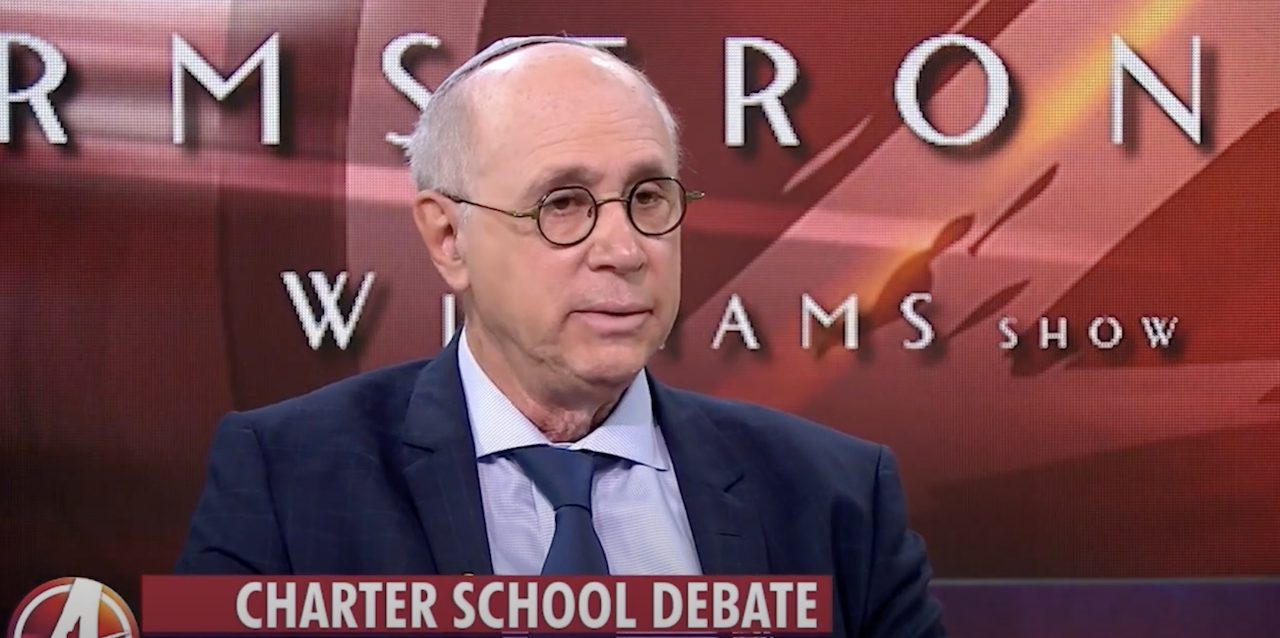What Can We Learn from Hooks that Were Overlooked?
Parashat Pekudei
This week’s Torah reading concludes the Book of Exodus. To recap: It began with the story of a motley family of 70 individuals coming to Egypt because of the famine in their homeland, the land of Israel. In the course of their time in this foreign land they reached great heights and enjoyed elevated status, as they were rewarded for the brilliant plan of Joseph who saved the Egyptian economy and people, and enriched the coffers of the ruler.
But when a new king came to power, he was suspicious of these non-natives and undid what had been done to show gratitude to Joseph’s kinsmen. He enslaved the Hebrews, only to be forced many years later to release them from bondage when challenged by Moses. This leader, Moses, was chosen by God to lead the Israelites out of Egypt into the desert where they received the Law that was to be eternally binding for all generations.
They emerge from the encounter at Mt. Sinai a covenanted people, commanded to observe the Sabbath and to build a sacred structure known as the Mishkan, a sanctuary. With this portable Mt. Sinai, and the accounting of all its contents generously donated and the contributions delineated in the parasha we just read, the Book of Exodus concludes with the assurance that the Divine Spirit will accompany the people at all times, day and night, guiding their destiny. And so, as we come to the end of the Book of Exodus, what began as 70 clansmen, who descended to Egypt emerge as a nation, prepared to make their mark on the world.
The Torah tells us that when the people escaped from Egypt, they were hamushim. We do not know how to translate the word, or its meaning. It is opaque and obscure. Most translations render it as meaning “armed”. But Rashi recognizes that the word hamushim comes from the root hamesh, meaning five. Basing his interpretation on a midrash he says the Torah is telling us, not that they left Egypt armed, but that it was hamesh, 1/5 of the people who left Egypt. The rest stayed behind as they were not prepared or willing to leave the life they knew.
Later commentators expand on the observation that the entire nation of Israel did not always stand with the people of Israel and point to other times when there were those who chose not to be a part of the nation.
In our own day and age, there are individuals who choose not to identify with their people as well.
There is a relatively new phenomenon, a linguistic turn of phrase which helps to alert the listener when it is coming – something first explained to me by Ron Dermer when he was Israel’s ambassador to the United States: When someone begins a sentence with the words, “As a Jew” – brace yourself and get ready for the distancing, disassociation and negative reflections about Israel and, or one’s fellow Jews that inevitably follow.
As if, by stating that since one is Jewish, this is the requisite credential which gives them an understanding of Judaism, or that they possess an insider’s view and the right to denounce and say derogatory things about Jews and Israel.
It could come in the form of Hollywood actors who use their prominence and celebrity, or individuals claiming to be rabbis, who offer harmful critiques of Israel as it seeks to protect its people. Or, it could even come from elected officials who forget that democracy means that the people get to vote and decide who will be their leaders, not outsiders who are not pleased with the outcome. After all, democracy means that sometimes the side you support will lose.
When Moses was accounting for all the contributions that went into the building of the Mishkan, he discovered 1,775 shekels that were not accounted for – a minor rounding error compared to all that was collected. God directed Moshe’s attention upwards, and he saw what he had overlooked. When making his calculations of how the funds were spent, he missed the tiny silver hooks holding up the tapestries which formed the walls of the Mishkan in the courtyard.
The word for hook in Hebrew is vav. Vav is not just the word for hook, it is also the sixth letter of the Hebrew alphabet. Moreover, the letter ‘vav’, means “and.” The hooks were easy to ignore and overlook, as sometimes is the letter vav.
Our sages remind us though that the literal meaning of ‘vav’ – ‘and’ is important because it signifies connection and partnership. A message appropriate for us to keep in mind today.
We need to recognize the importance of the little vav, the little hook, the single letter which can be easily overlooked and represents and reminds us to connect. We Jews in the Diaspora must stay connected: connected to each other, to our people, and to our brothers and sisters in Israel. Were it not for the vav, the hooks in the MIshkan, the sides would all fall down, so too must we be careful to ensure that the sides stay connected.




